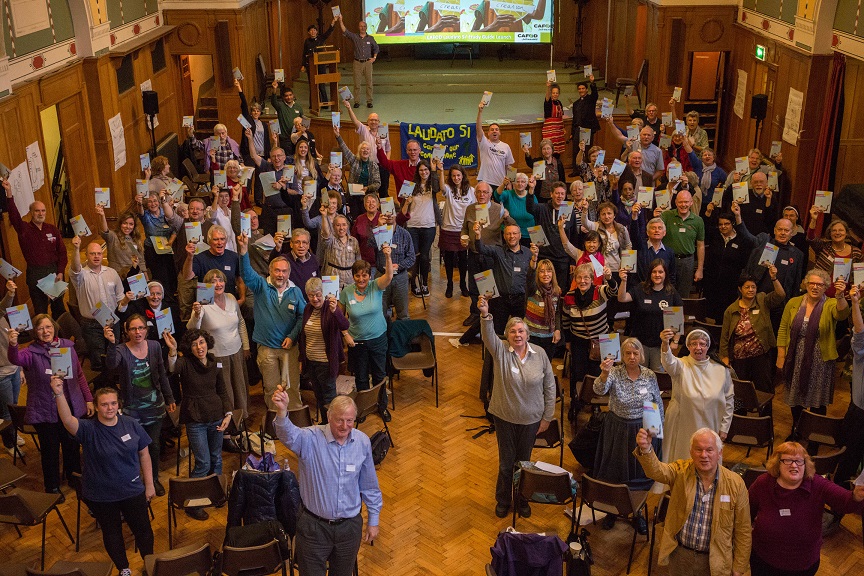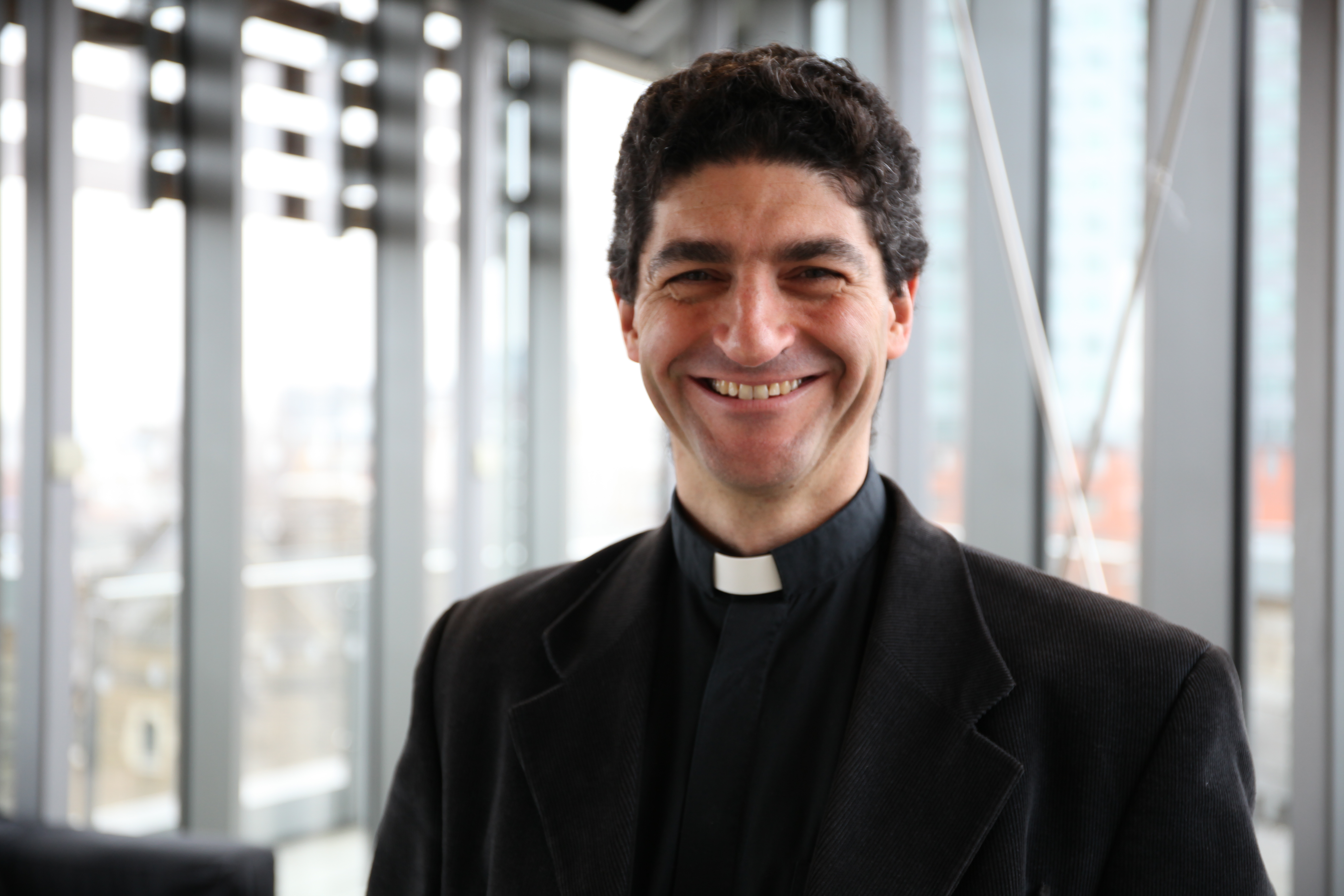Rediscovering Mercy: an invitation to connect faith and mercy
April 3, 2016
Catherine Gorman works in CAFOD’s Theology Programme. On Divine Mercy Sunday she reflects on how we can “be merciful as our Father is merciful”.

Throughout this Year of Mercy, but perhaps particularly today on Divine Mercy Sunday, we are called to “be merciful as our Father is merciful” (Luke 6:36). For Archbishop Rino Fisichella, President of the Pontifical Council for the Promotion of the New Evangelisation, this call “serves as an invitation to follow the merciful example of the Father who asks us not to judge or condemn, but to forgive and to give love and forgiveness without measure.”
This is a real challenge. Personally, I find that it is so much easier to hold a grudge, to judge others, to close myself off, rather than to open myself up, to let go and forgive. How can I possibly try to emulate the mercy of God in my interactions with others?
Download our Rediscovering Mercy resource>>
Continue reading “Rediscovering Mercy: an invitation to connect faith and mercy”

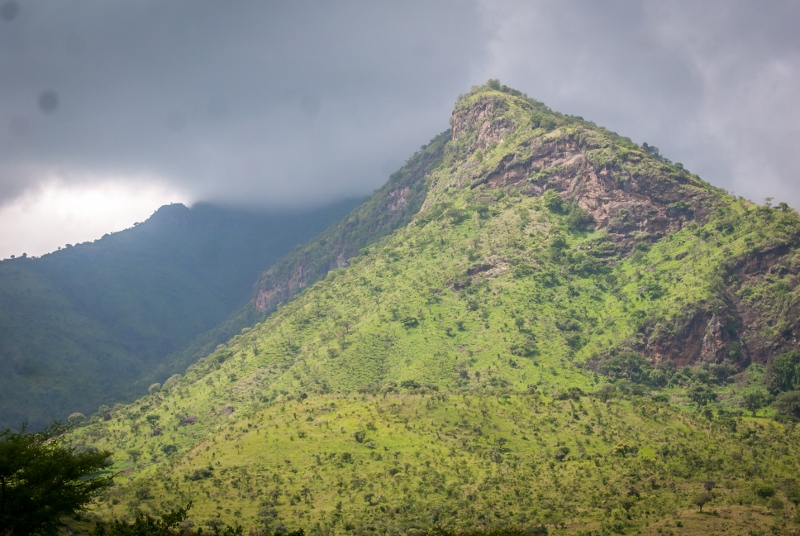
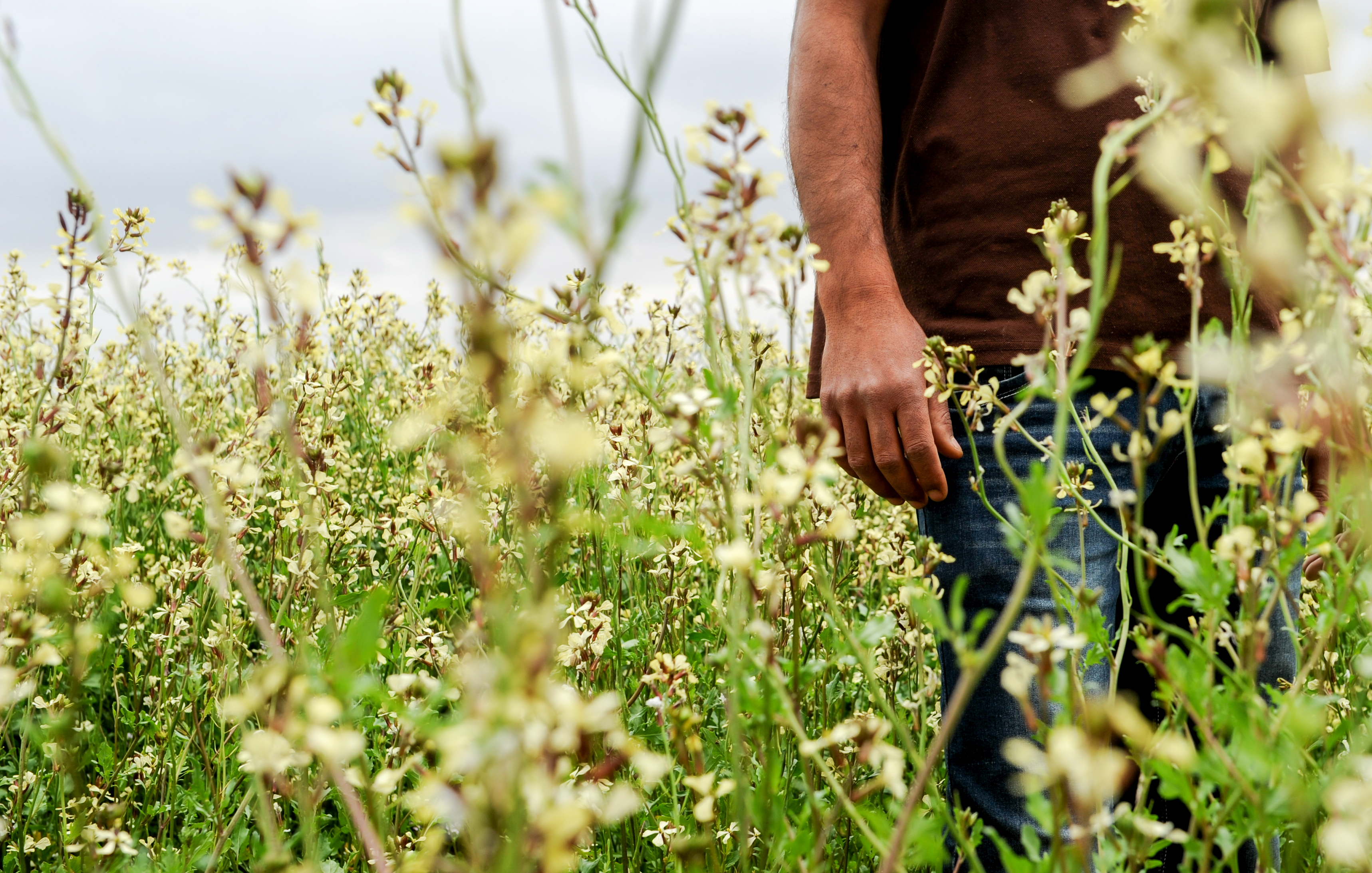

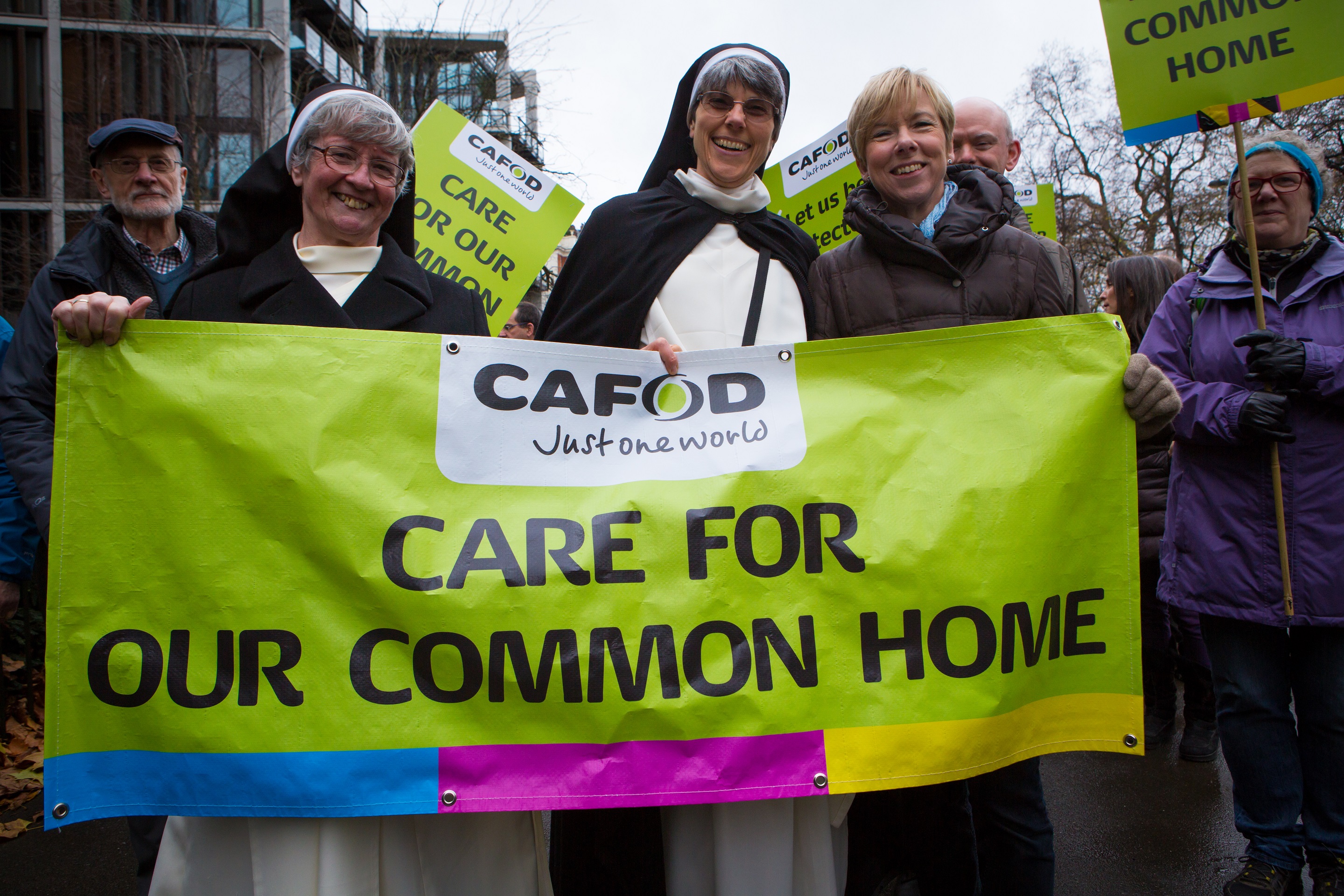
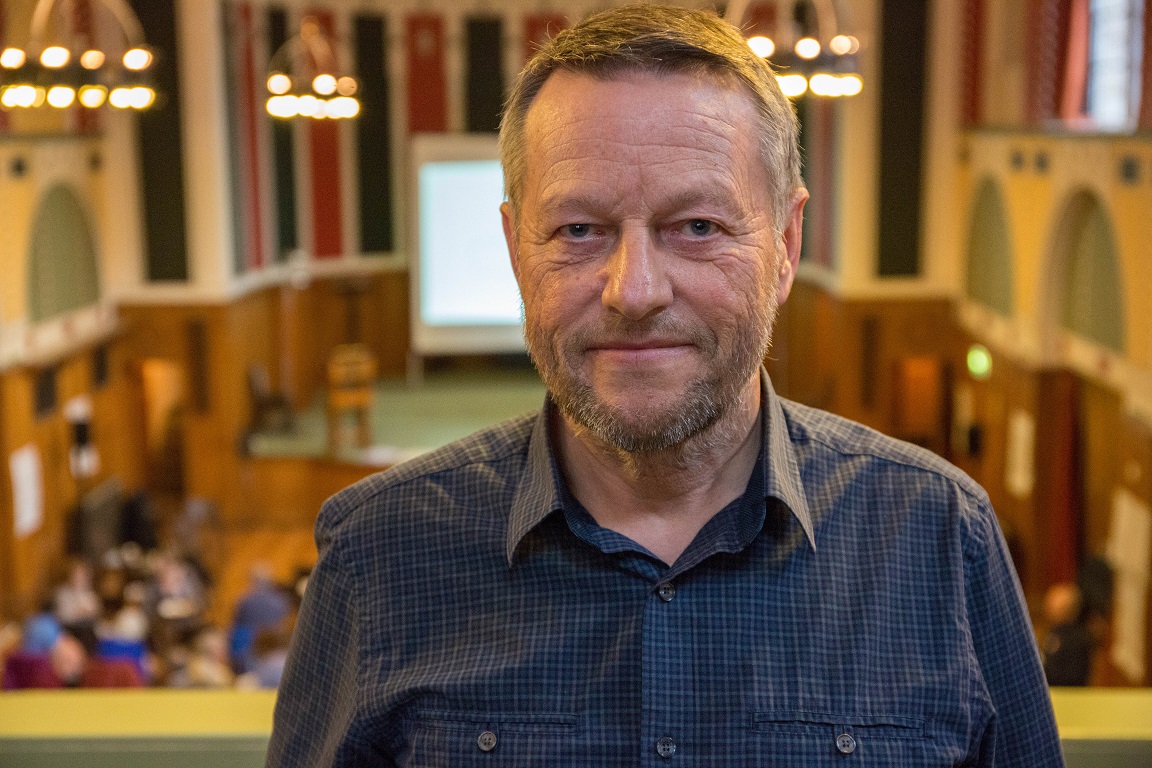 Paul Kelly is a CAFOD supporter in the Lancaster diocese. He will be travelling to Paris in December 2015 as part of a supporter delegation at the time of the UN climate talks.
Paul Kelly is a CAFOD supporter in the Lancaster diocese. He will be travelling to Paris in December 2015 as part of a supporter delegation at the time of the UN climate talks.